Douglas Englehart shares 2 important tips to successfully handle an audit
Here are two of the biggest steps you can take to handle an audit with confidence and comfort.
If preparing for your upcoming audit seems daunting, you’re not alone. Many of us feel a sense of dread at fiscal year-end. And Smith Marion & Co. knows that nobody likes to be audited. The complicated, ever-changing nature of audits can leave people feeling under-prepared and overwhelmed. And an auditor who makes you feel confused or undervalued only worsens the already unwelcoming process.
Instead of compiling a lengthy list of best practices to get you through a successful audit, the SMCo team has provided our top 2 best tips to help you have a smooth audit. Here are two of the biggest steps you can take to go into an audit feeling comfortable and confident:
- Have updated, accurate, and organized records
- Have knowledgeable staff members present
This list will hopefully help you feel better prepared for next audit. Keep in mind that with SMCo, our technology and expertise simplify the auditing process, as we have a dedicated audit staff available year-round to help educate, prepare, and assist our clients to ensure you have the necessary tools and understanding for a successful audit.
Updated, accurate, and organized records
It seems obvious, but the most important preparation for the audit is for your organization’s accounting records to be up-to-date, accurate, and organized. Needless to say, this step involves planning ahead and organizing data.
Proper planning and clear expectations will help minimize anxiety and frustration, so we advise you to treat audit preparation as a year-long process. You will want to be ready to provide your accounting firm with documentation of any financial transaction made during the fiscal year, if asked, without searching through numerous computer or paper files.
By keeping schedules and reconciliations up-to-date throughout the year, you can reduce the time it takes to prepare for the audit at the end of the year. A great practice to accomplish this that we have seen is to place all the documents (or shortcuts to them) that the auditors review in a single electronic folder.
You can do this in advance, anticipating what they may want to review, but you can also do it during the audit. This will help you have a record of what the auditors reviewed and if you put shortcuts to various documents in the folder throughout the year, it will also make it easier to find what you anticipate the auditors will want to review.
This step also includes changes in activities. Think about what the organization did within the year. Did you start a new program or receive a new grant? Are there any new reporting requirements? Were any programs or activities started or discontinued? Were there significant changes in internal control systems or organizational structure? Were there any changes in leadership? Such changes may trigger accounting and reporting considerations that should be communicated to the auditor during the planning process.
Knowledgeable staff members present
Secondly, your auditors need knowledgeable staff members to help locate and verify information and documentation as well as being able to respond to audit inquiries.
Review the list of work papers and schedules requested by the auditors, making sure to obtain clarification of requested information when necessary. Assign each item from the list to a responsible person and include a due date. Make sure to allow adequate time for review and correction of schedules if necessary. Tackle the most difficult, complex, or time-consuming areas first when possible. The drafts of the financial statements, schedules, work papers or other items requested by the auditor should be available on or before the first day of audit fieldwork.
Make sure that all staff members involved in the audit process are aware when we will be conducting the audit, and that it is a top priority for them to assist in producing any documentation requested by us or responding to inquiries made. Being responsive will help your auditors drastically cut down the timeframe from audit start to end.
Generally, you won’t want to schedule other important events and/or vacations during audit testing time frames.
Contact Smith Marion & Co. for your audit questions
If you have questions about request items, don’t be afraid to ask your auditors! If an item requested by the auditor is unclear, ask for clarification prior to the start of fieldwork to avoid potential delays and additional fees. Auditors are generally happy to answer accounting questions regarding unusual or infrequent transactions the organization may need assistance in accounting.
At Smith Marion we work with our clients to provide either templates and/or guidance on these supporting schedules.
Remember that while it can be daunting by nature, a successful audit can be experienced without having to memorize two handfuls of information. If you remember the two important steps discussed above, you’ll be able to impress your auditors and ensure the process is pleasant for all involved!
Check out the resources below for more audit information:
Tired of dealing with
complicated, impersonal
business services?
We get it – that’s why we offer something different. Our team of expert accountants are friendly, approachable, and dedicated to providing topnotch service. We’ll take the time to get to know you and your business, and we’ll tailor our services to meet your unique needs. Plus, we’ll make the whole process as easy and stress-free as possible. We’ve got you covered.

